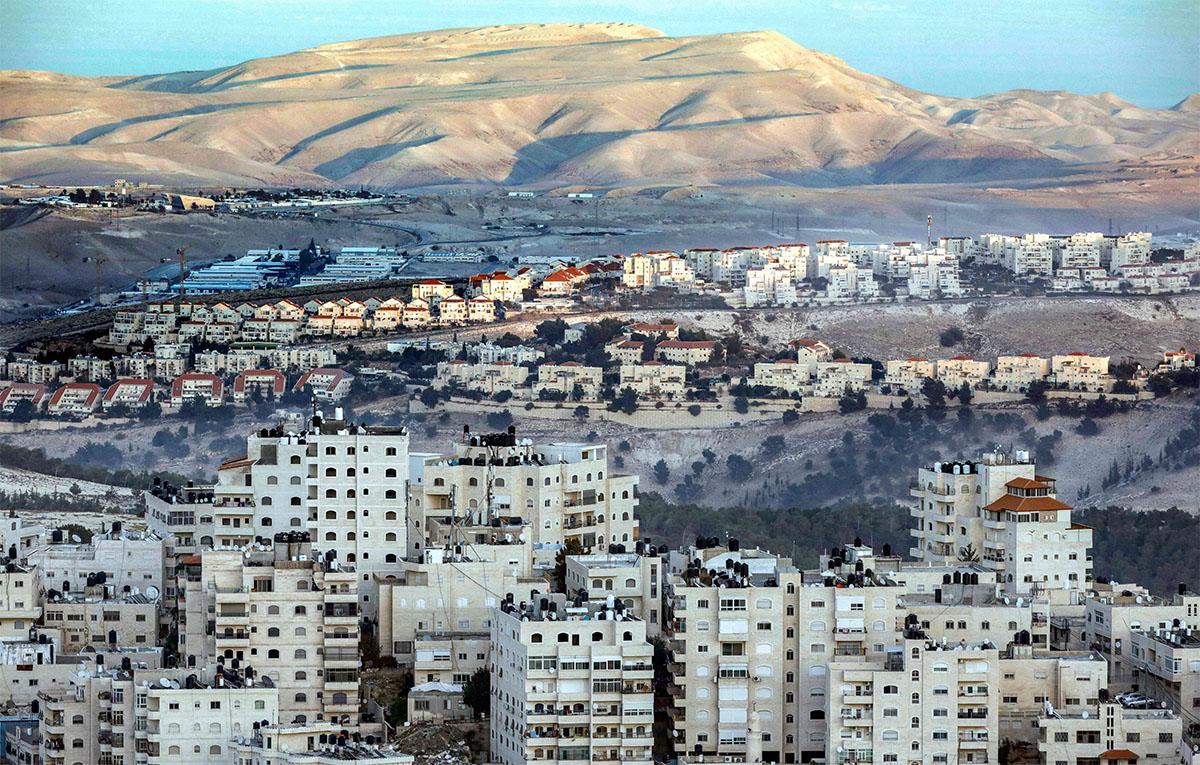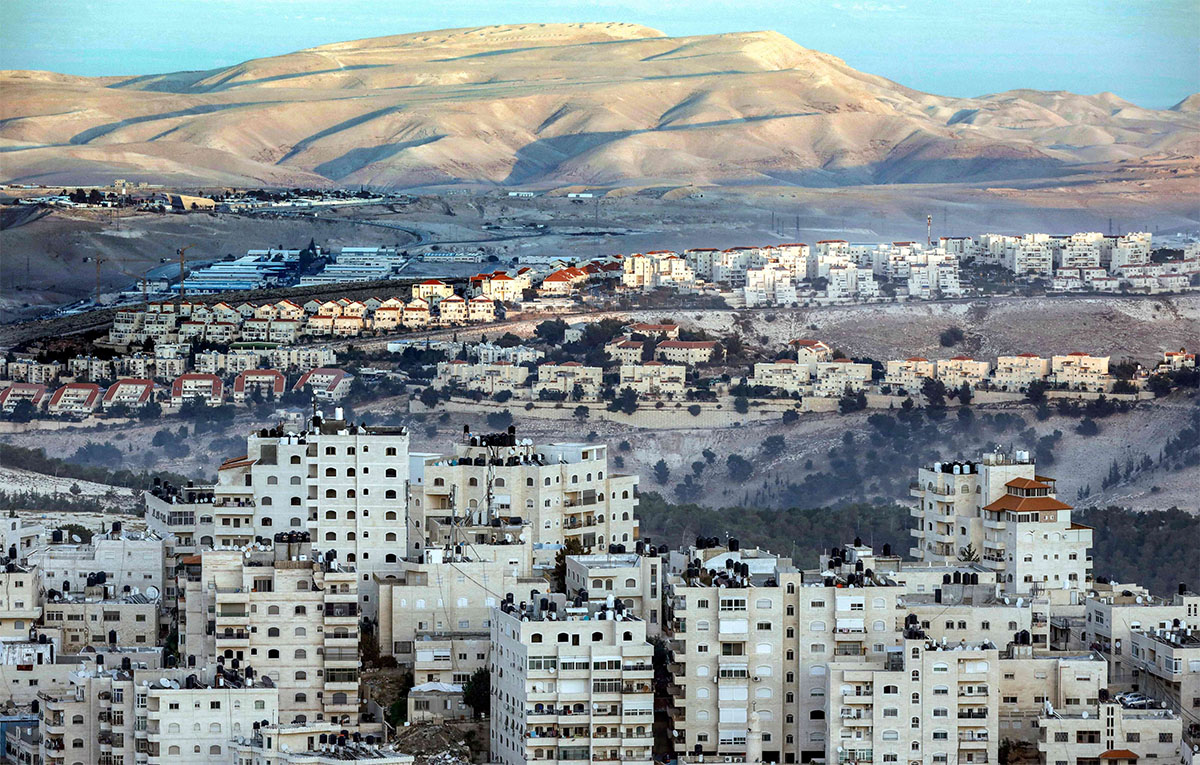Israeli history offers lessons for Palestinian leaders
It says something that the Arab League waited a whole week to discuss Washington’s declaration that Israeli settlements aren’t illegal. Unfortunately, what it says may not be particularly edifying.
Despite criticism, particularly from Saudi Arabia and Bahrain, of the altered US position, no one seems to have any constructive suggestions to offer. Alas, mere rejection of US policy, as the Arab League did in its special session in Cairo on November 25, does not constitute a plan of action.
As things stand then, the Palestinians remain in political purgatory — without their own state, without any reasonable prospects for acquiring one and without citizenship of another state. For a plan, it may be wise to look elsewhere, and a new book co-authored by Dennis Ross and David Makovsky is arguably a good place to start. Not just for what the book says about Israel in the past, but because it could offer pointers to Palestinians at a low and desperate point in their national story.
The book, Be Strong and of Good Courage, takes its title from Deuteronomy, the fifth book of the Torah. Ross, a veteran US presidential adviser and peace envoy, and Makovsky, of the Washington Institute for Near East Policy, argue passionately for Israel to separate from the Palestinians. They say that a two-state solution is the only way for Israel to maintain a Jewish democracy and remain “a light unto the nations of the world.”
Ross and Makovsky warn against the long-term costs of Israel’s current culture of political indecision and hail the courage of an Israeli quartet of past leaders.
David Ben Gurion, Menachem Begin, Yitzhak Rabin and Ariel Sharon, they say, made painful decisions and understood both the costs of acting as well as the consequences of not acting. Ross and Makovsky tick through the specifics of the quartet’s praiseworthy actions. Ben Gurion had the guts to declare independence at the end of the British Mandate even though Israel was diplomatically and strategically isolated. Begin gave up conquered lands and dismantled settlements in exchange for peace with Egypt. Rabin leapt into the peace process and Sharon reneged on his long-held support for settlements and pushed a unilateral withdrawal from Gaza.
Interestingly, the very actions singled out for praise by Ross and Makovsky are now seen rather differently by some in Israel. “In today’s rightist world the four ‘heroes’ would be termed traitors,” a lay reader commented in The Times of Israel. And Haviv Rettig Gur, a political analyst for the same paper, suggested that Ross and Makovsky actually illustrate the great and startling change in Israel’s circumstances. The country has moved from fragility to a position of strength, Rettig Gur wrote, quoting a passage from the book:
Ben-Gurion, Begin, Rabin, and Sharon are not around today. They were all there for the founding of Israel and fought for its survival. They lived through the period characterised by the genuine fragility of the state. Maybe that made them see the choices through a different lens — a lens in which the new Jewish state did not have the luxury of avoiding basic, hard choices. Maybe, as a result, Israel is past the point where it will have heroic leaders.
So how does any of this help the Palestinians with a plan for action? It makes the case for political pragmatism when a people have their back up against the wall. It richly illustrates the argument for pragmatism. The Israel of each of the four leaders profiled by Ross and Makovsky did not have the luxury of multiple options but was forced to work to a timetable set by others and to operate within narrow parameters.
The Palestinians could do worse than learn some lessons from their oppressive neighbour. When its situation was precarious, Israel made accommodations — sometimes hard and unpalatable ones. Now that its bargaining position is immeasurably improved, it is biding its time.
Of course, the Palestinian situation is far worse than that of Israel, even at its most fragile point as a nascent state. Israeli settlements, built over 52 years, are the largest physical obstacle to the establishment of a Palestinian state. And there are two other impediments, which exert a profoundly debilitating psychological effect. The impoverished Palestinians watch from behind the separation barrier as Israel continues to receive more than $3 billion a year in official American assistance, tax-free US private donations to support the settlements, as well as staunch US military and diplomatic support.
There’s little point in going back over the many missed opportunities for Palestinians over the years. For instance, Yasser Arafat’s refusal to accept a state, even the Bantustan on offer by Ehud Barak as part of US President Bill Clinton’s 2000 Camp David summit. What Palestinian leaders could do now, impolitic though that may sound, is to call time on “days of rage” and other such futile acts, work to clean up the administration, actively solicit investment and seek ways for their people to acquire science, technology and management training under overseas scholarship schemes. Political fragility calls for a different skillset, reduced choices, extreme political courage and a vision for a future that is yet to be revealed.
Rashmee Roshan Lall is a regular columnist for The Arab Weekly. She blogs at www.rashmee.com and is on Twitter @rashmeerl
Copyright ©2019 The Arab Weekly







